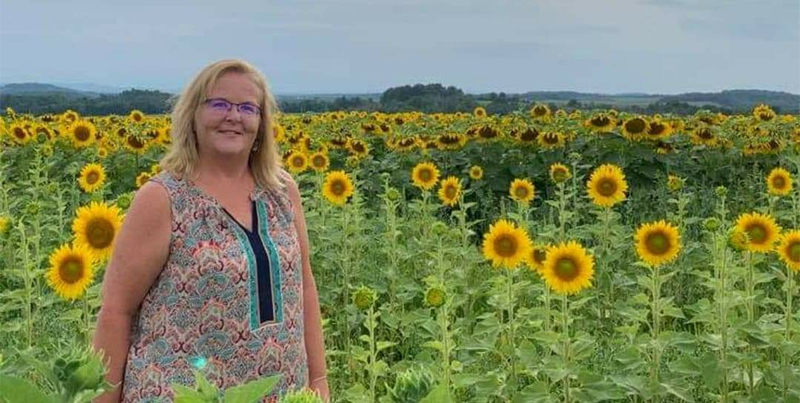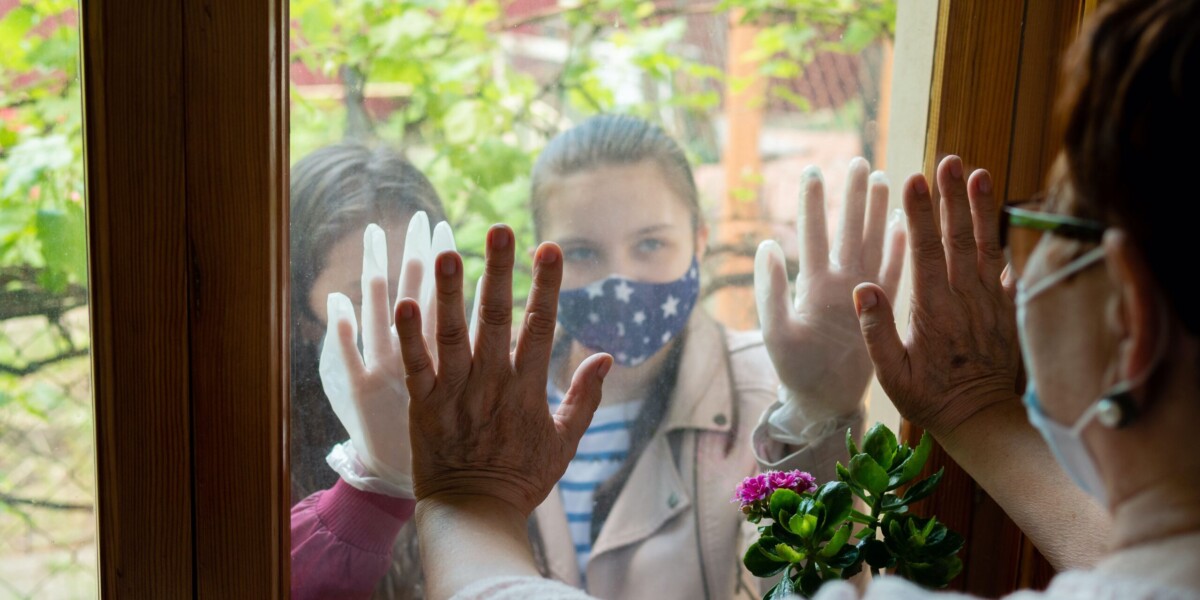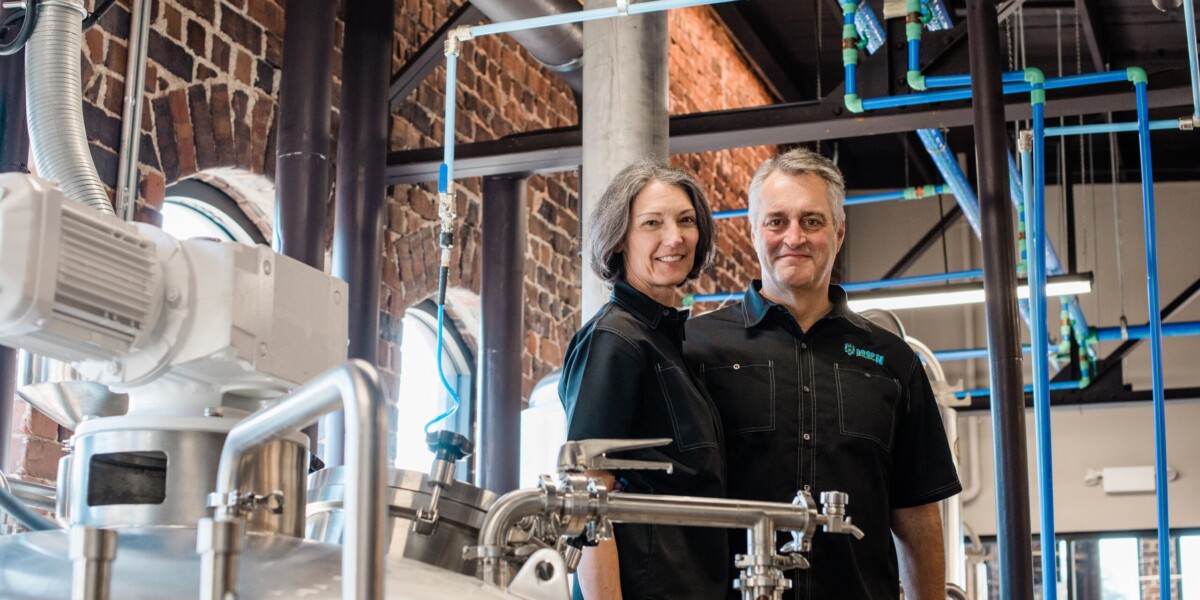Kim Harrington’s strong connection to animals began when she was a child.
While growing up near Scranton, Pennsylvania, Harrington spent hours playing with her cats and dogs. After studying to become a pharmacist at Temple University, she continued to feel a powerful pull toward animals.
“My mother had me later in life, and I was pretty much raised as an only child as my closest sibling was 16 years older. So I was in my room a lot with my animals,” she says. “I always had dogs, and cats were definitely my thing. I always had a bigger connection to cats, and they felt so healing to me.”
About a decade ago, Harrington attended a workshop about animal Reiki, a Japanese technique for stress reduction and relaxation that also promotes healing. Today, she works as a part-time Reiki practitioner and full-time pharmacist.
“A lot of people come to me with their animals and want me to fix them using Reiki,” Harrington says. “Healing doesn’t mean to cure or to fix. Healing means to find a peaceful state of mind in a chaotic environment, even in the presence of stress or illness. Reiki helps animals relax, and I’m often working with people who are about to lose their pet. Animals are born knowing how to hold vigil and offer support during grief. Humans, however, often need training or guidance on the best ways to support each other when it comes to hospice situations or grief.”
To enhance her practice and understanding of end-of-life, Harrington decided to enroll in the four-week, online UVM Companion Animal End-of-Life Doula Professional Certificate.
Topics in the end of life animal doula program include doula essentials, compassionate care, pet hospice, palliative care, after-death options, and support. Students also learn to focus on honoring and memorializing the enduring bonds between clients and their companions.
Harrington says helping pet owners work through the death of a pet or companion animal is extremely rewarding.
“I was so close to animals when I was little. Back when my parents were growing up in the Depression, they never took their pets to the vet. I had to beg someone to take one of our animals to the vet. When I lost my pet, I lost my best friend, and my family said nothing,” she says. “I’m using that experience as a way to help people now. People don’t understand bonds with animals, but that grief is real. Emotionally, physically, and spiritually, the loss of an animal can deeply affect us.”
The UVM End of Life Animal Doula program is designed for:
- Aspiring doulas for companion animals
- End-of-life care practitioners who would like further specialization in companion animals
- Pet hospice and palliative care workers/volunteers
- Veterinary technicians
- Pet caretakers, such as dog walkers and pet sitters
- Spiritual care providers
- Pet owners
Harrington says she gives the UVM program high marks for its robust approach. “I would definitely recommend this program as it goes hand-in-hand with Reiki training,” she says. “In this work, the animals lead us, and we meet them where we are.”




